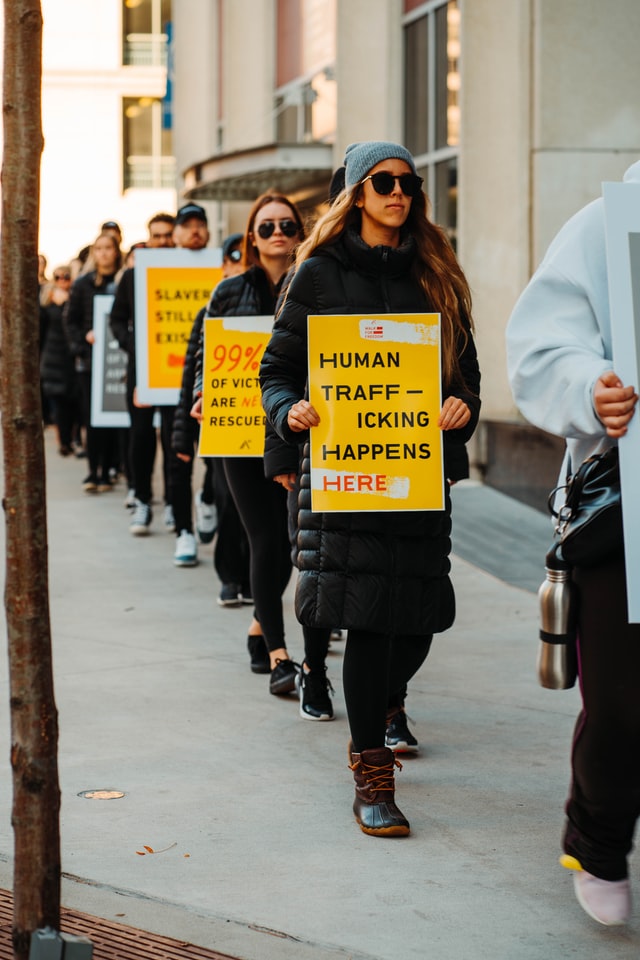If it’s free, you are the product – The perils of assetizing consumers’ genetic profiles

There’s an old adage that encapsulates our relationship to many of the digital products we consume, from social media to apps to email programs: “If it’s free, you’re not the customer, you’re the product”. But what happens in an industry where this ‘you’ really means – well, you?
How can businesses combat human trafficking and their possible connections to it?

We address the ethical responsibilities of businesses related to human trafficking. We argue that due diligence, important as it is in raising consciousness of the problem of human trafficking, is insufficient because human trafficking is a structural injustice.
Can Entrepreneurship Blunt the Inequality-Growth Curse?

We found that as income inequality increases, easing regulations that impede new business start-ups and facilitating access to credit from the financial sector, is positively associated with per capita economic growth.
How an immoral intention percolates through the whole organization

In many cases, corruption within organizations occurs in phase transitions, not in consistent patterns. Additionally, even though the initiator proposes corruption to the receiver, the receiver’s acceptance further reinforces the initiator’s corruptive intentions.
What Should Business Schools Do To Support Earth Stewardship?
Given that business drives much of this activity, how should business schools respond to these challenges? What would business and management schools do if they understood and accepted Earth system science findings on how global economic activities are degrading the resilience of the biosphere?
Why Management Theories Need the Natural Sciences for Transformational Change

Sustainability challenges demand radical new approaches that are multi-disciplinary, even trans-disciplinary. Paying attention to one sector, or even one body of literature, will likely be ineffective in bringing about the transformations that are needed to bring humankind into alignment with nature’s realities in sustainable ways.
Understanding the influence of different institutional environments on social entrepreneurship

This foundational article, and the subsequent work that has cited this study, shows that not only do levels of development and economic metrics like GDP vary across countries, but legal systems also differ, as do cultural norms, industrial histories, and the types of economic activities that dominate. This variability thus leads to a range of different social, environmental or economic issues in each country.
Stakeholder Engagement: Toward an Understanding of Stakeholders’ Participation, Inclusion, and Democracy in Organizational Activities
As part of a Business and Society Special Issue Call for Papers, we invite submissions that seek to shed light on facets and dimensions of stakeholder engagement. But what is stakeholder engagement, and why is it relevant? We shed light on these issues so as to pave a way for potential submissions to this topical special issue.
When Does Corporate Social Performance Pay for International Firms?
Things get worse before they get better: how international companies’ social performance first harms their financial performance as they expand their presence abroad, and only pays off in the long run.
How financial crises affect the reputation of banks

Banks’ reputation during a financial crisis depends not only on financial, but also non-financial features. Therefore, a winning strategy to protect organizational reputation during a financial crisis should include both the financial and non-financial features.
